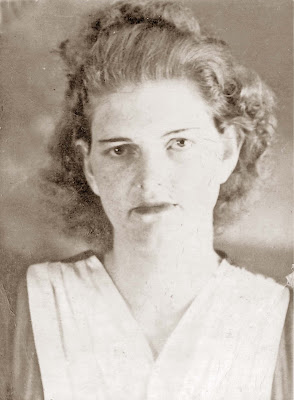Poetry Sunday: To Daffodils by Robert Herrick
Gardening is a hobby, some might say an obsession, of mine. I live in an area with a growing season that is virtually year-round so there's always something going on in the garden and I spend a lot of time attempting to grow many different kinds of plants. Many plants thrive here and it is very rewarding to watch them grow. But there are some that I've tried to grow that have been a bust. Among those failures are daffodils. You might think daffs would be easy. I mean you can see them growing wild around old abandoned home sites with no one to care for them, but there is something about the heat and humidity here, or maybe it's the soil, or perhaps a combination of both that is inimical to the growth of daffodils. I plant them and they bloom for one year and then they disappear, so I've pretty much given up on them and moved on to other things. Poets love daffodils, of course. One always thinks of William Wordsworth, but Robert Herrick was fond of them, too, and he saw t...
